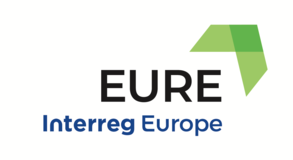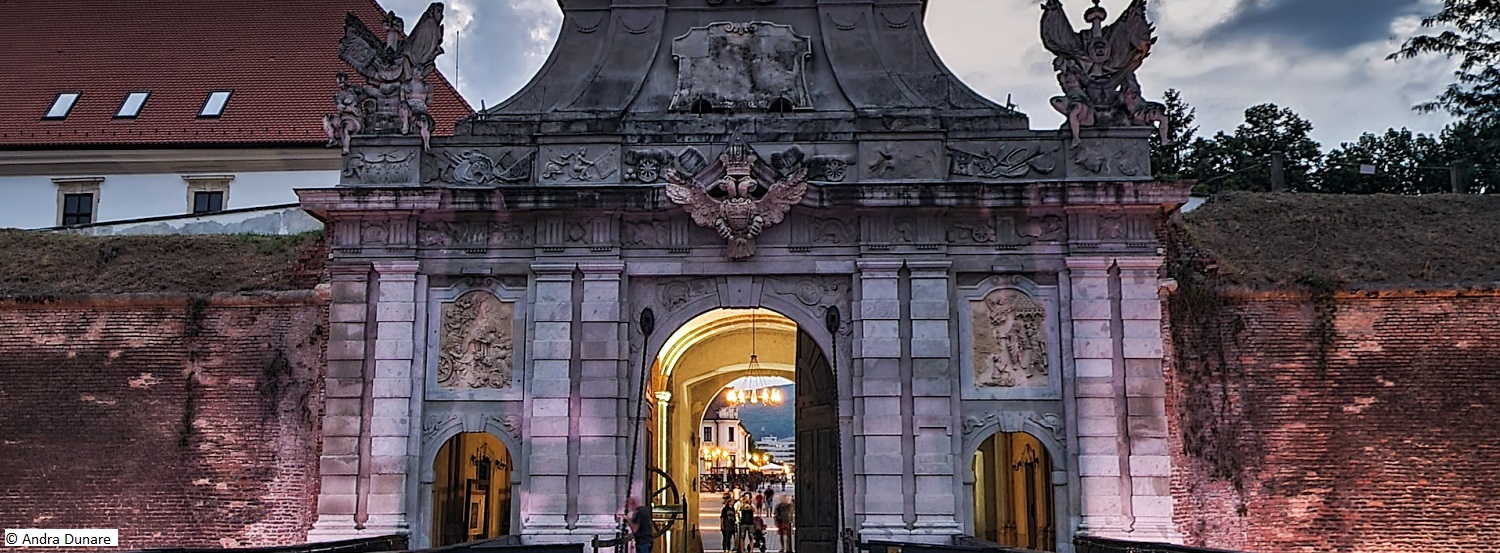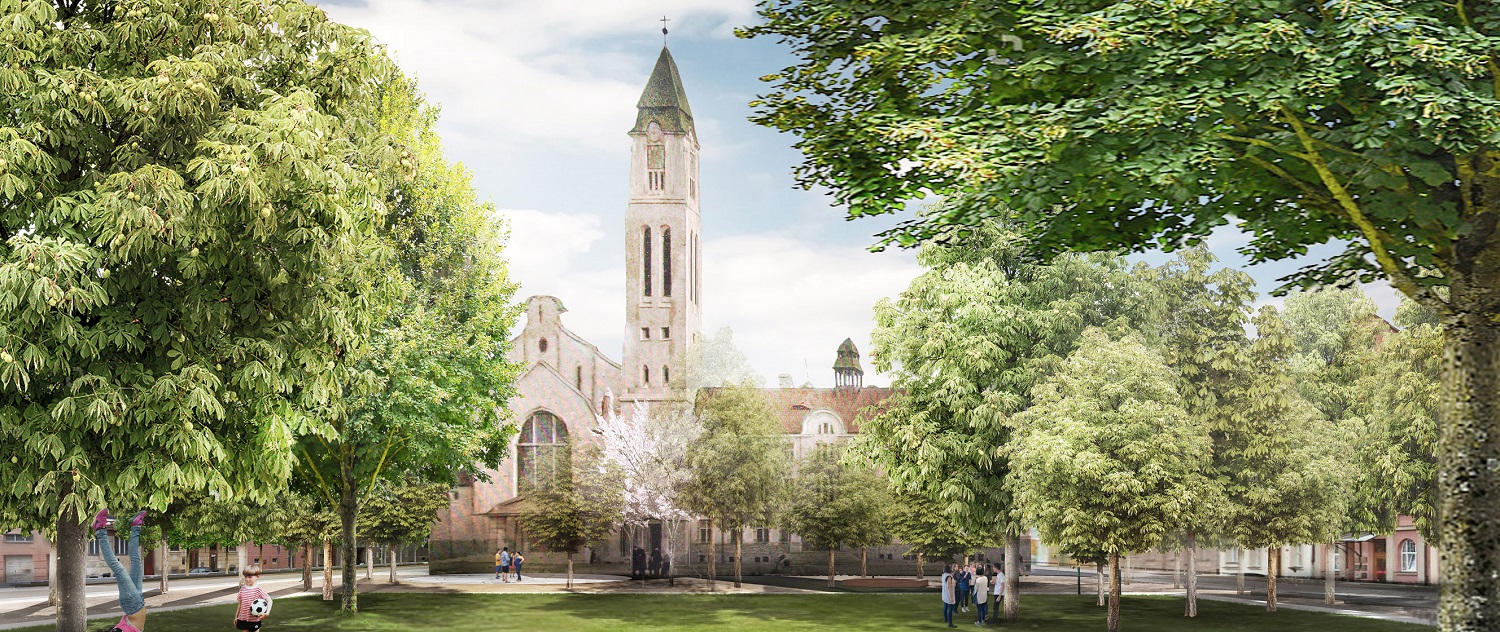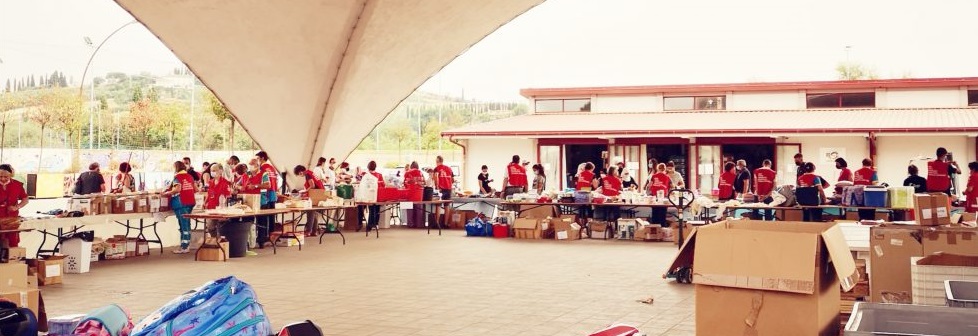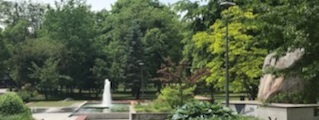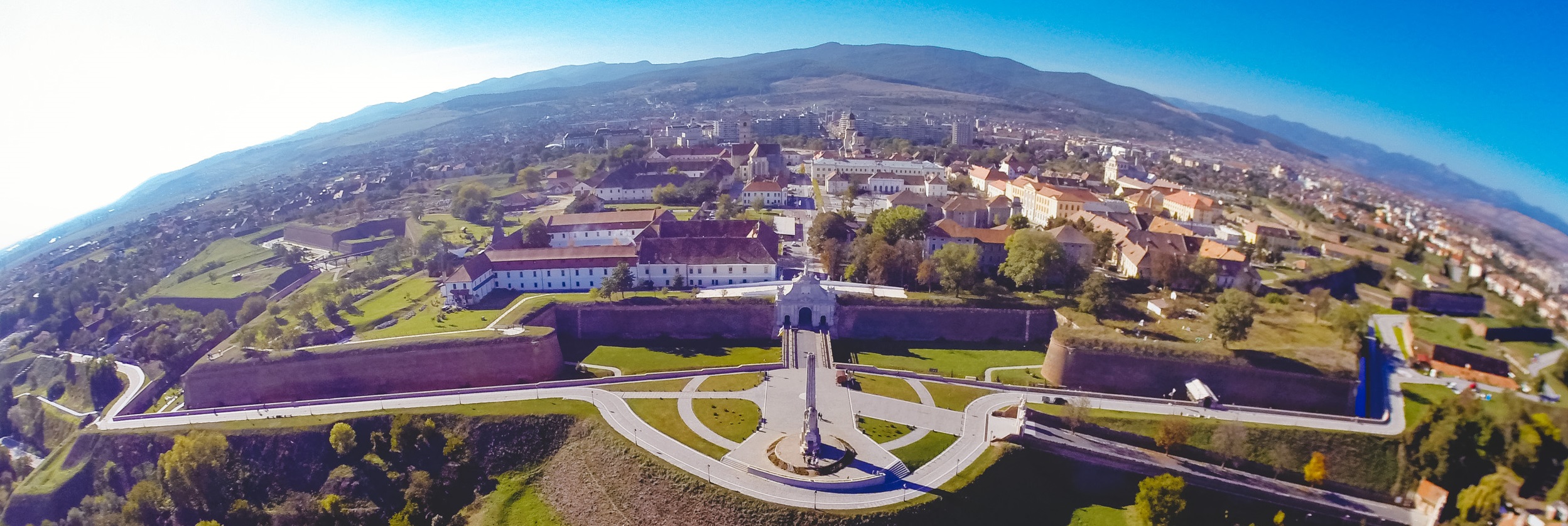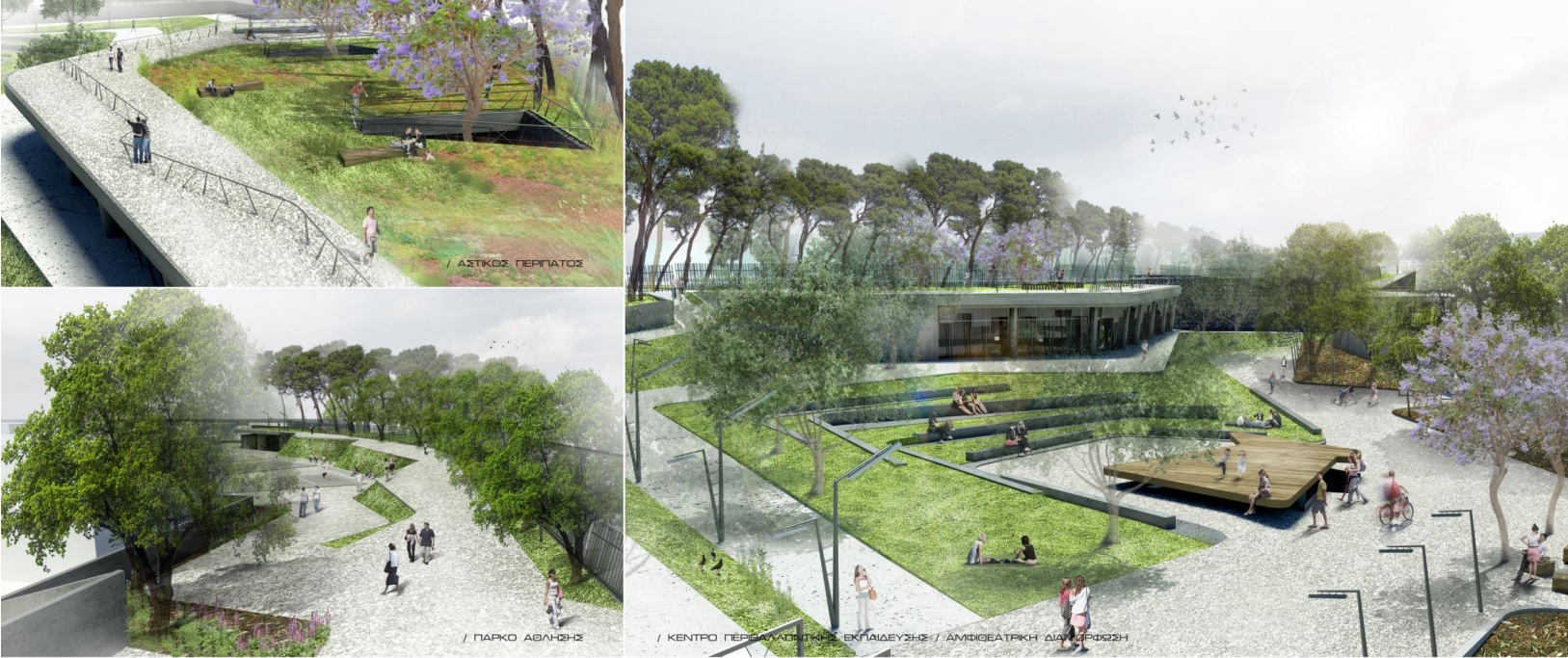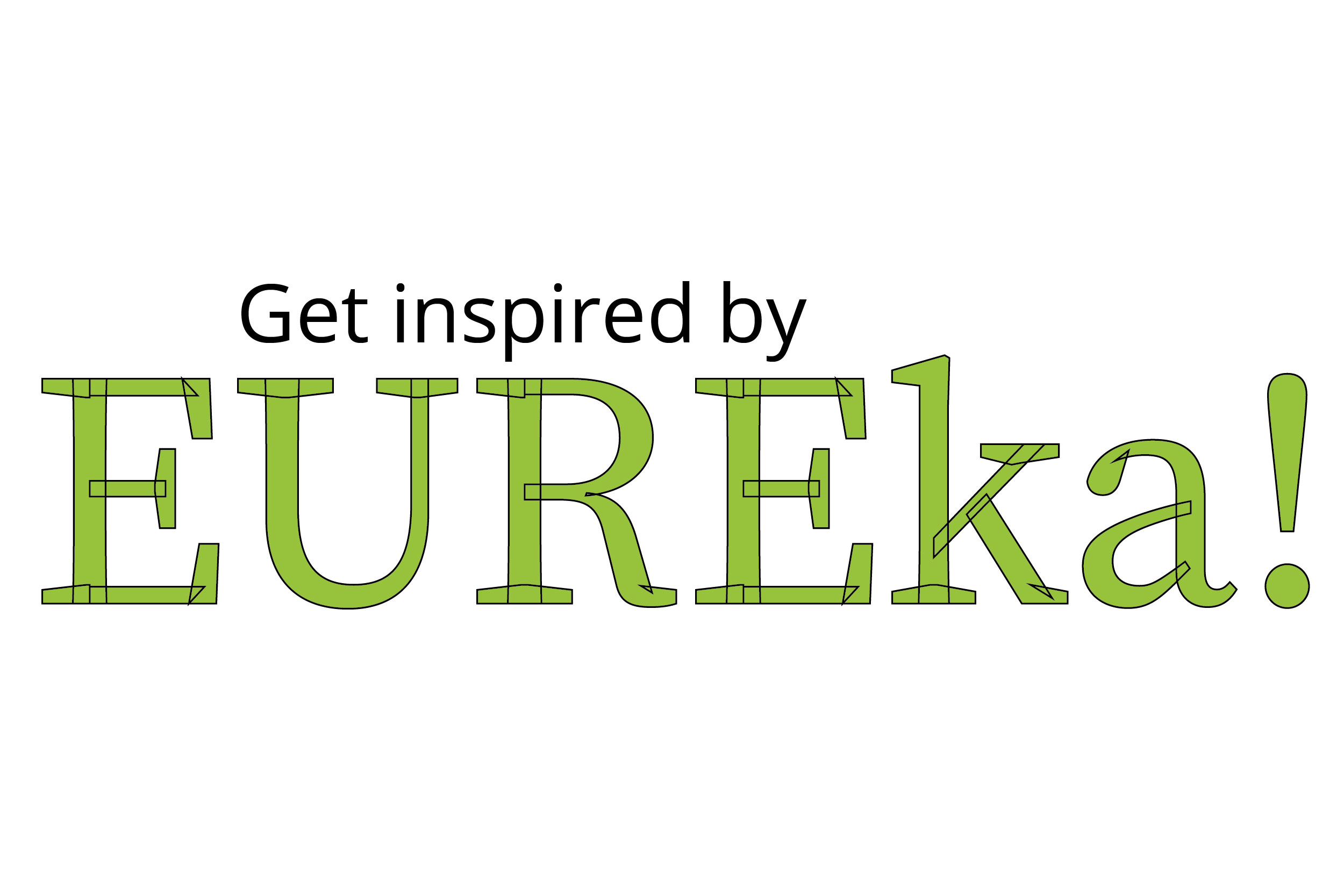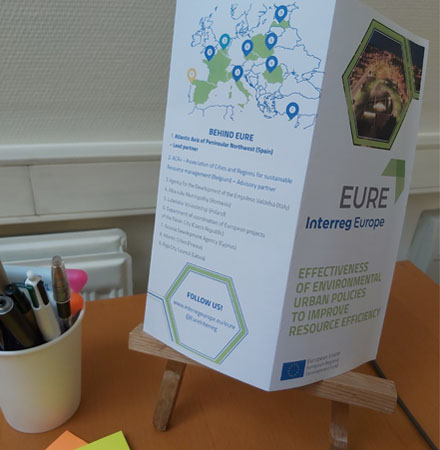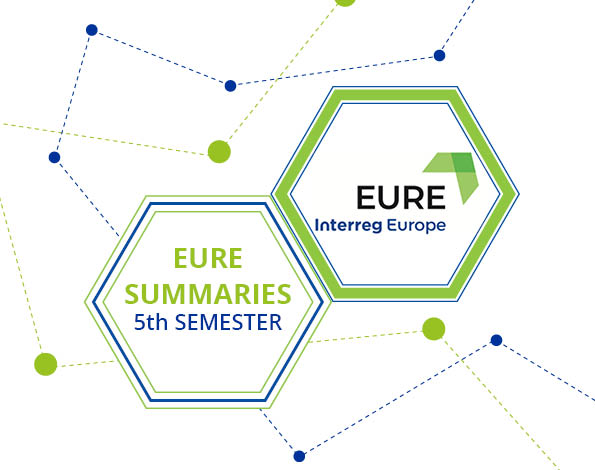According to a study by Feedback, a UNFCCC observer organisation, Europe wastes one hundred and fifty-three million tonnes of food every year. This figure is part of the overall picture of global food waste which, based on McKinsey's analysis, amounts to some six hundred billion dollars per year. As scholars and advisors have highlighted, processes of food production, sale and consumption must evolve to sustainably meet growing global demand. In such a scenario, circular economy practices can help transform the key aspects of the current socioeconomic system, including ideas and values that influence individuals' food choices.
As we know, the circular economy has gained momentum in Europe, being considered not just one possibility among others, but a pathway offering concrete solutions. This attention fostered research towards not only new technological innovations to close loops in more efficient ways but also the empowerment of already existing local circularity processes. ASEV’s work goes in this direction by helping the city of Empoli to rediscover its circular soul in the form of good local practices like Recupero Solidale.
Recupero Solidale, alias Re.So, is a voluntary group based in Empoli made up solely of pensioners and it is a living example of what a socially empowered circular economy initiative can do. Fostered by its network, Re.So takes package-damaged food from great distribution and gives it to families in need. Its story, from being a small group to a real initiative, helps to better understand both advantages and disadvantages of putting people first in circular initiatives linked to zero-waste policies as well as the steps to build an effective community of practice. But how does Re.So work?
The Recovery Gear, as the old volunteers used to call it, functions thanks to the collaboration between the different actors working with the association. On Tuesday, the volunteers prepare the goods collected the week before for the thirty-five associations affiliated with Re.So, collocating boxes with different types of food according to partners’ requests. On Wednesday, association representatives come and pick up the boxes prepared by the volunteers, along with fruit baskets. On Thursday, Re.So receives goods from the great distribution, usually Coop. The volunteers unpack the boxes, repair the packages, and separate the food into sections divided by type. The non-edible goods, like appliances, toys or kitchen tools, are sold at the charity market or given to those in need. Along with this main activity, Re.So collaborates with the mental hygiene centre and the Tuscan Centre for Autism, welcoming the users of the centres and working with them every Thursday. Finally, Re.So hosts a rehabilitation program for prisoners, involving them in the life of the association to reintroduce them into society. All these activities deeply connect Re.So. with the social tissue of the city, creating a strong network that, with the covid-19 outbreak, played a key role in helping the most vulnerable members of the population.
Author: Francesco Vettori
